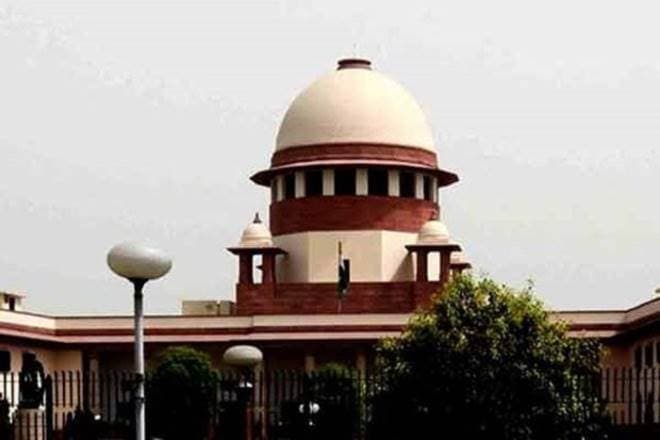The Supreme Court on Thursday refused to stay the Allahabad high court order that directed the Uttar Pradesh government to immediately remove all the posters and hoardings put up to ‘name and shame’ people accused of vandalism during protests against the citizenship law.
A vacation bench, led by Justice U U Lalit, said that there is no existing law to back the state government’s action of putting up such hoardings across Lucknow. “The wrong-doer must be brought to book. But can the state go beyond that,” Justice Lalit observed, while asking if the state government has the power to put up such hoardings. “The matter requires further elaboration and consideration,” it said while referring the case to a larger bench of three judges on the privacy issue.
Hearing a petition by the Yogi Adityanath government against the HC order earlier this week, the SC also said that everyone whose name appears on the posters can implead themselves as parties to the case being heard by it.
Solicitor general Tushar Mehta, representing the UP government, argued that citizens waived their right to privacy by committing an act in public. Mehta further said that the hoardings were put up after following process of law, and that it was put up as a deterrent.
The HC had described the police action as ‘unwarranted interference’ in privacy, citing the Right to Privacy as a fundamental human right, recognised by the United Nations as well as the Supreme Court. The administration on March 5 put up several hoardings across Lucknow, identifying those accused of violence during the protests that took place against the CAA in December last year. It had also asked them to pay for damage to public property and also warned that their property would be attached otherwise.
The high court, on March 7, had registered a suo motu PIL and asked the district magistrate and police commissioner of Lucknow to give details about the law under which such hoardings were put up. The HC had also asked the Lucknow administration to give a compliance report on the removal of the hoardings to the registrar general by March 16.
“In the present case, the cause is not about personal injury caused to the persons whose personal details are given in the banner but the injury caused to the precious constitutional value and its shameless depiction by the administration. The cause as such is undemocratic functioning of government agencies which are supposed to treat all members of public with respect and courtesy and at all time should behave in manner that upholds constitutional and democratic values,” the high court judgment stated.


